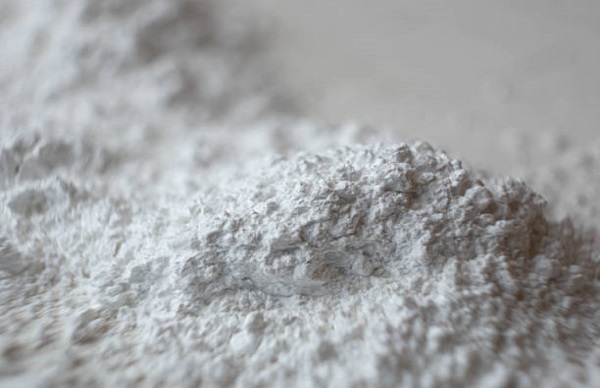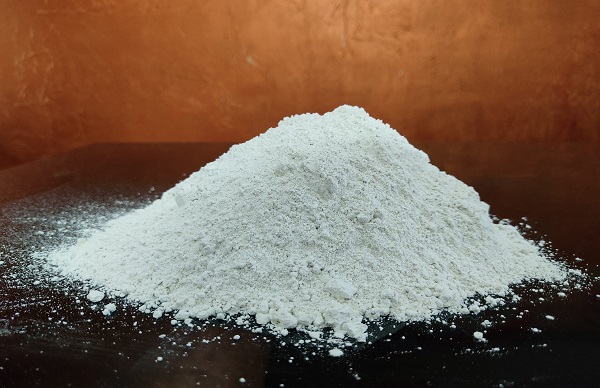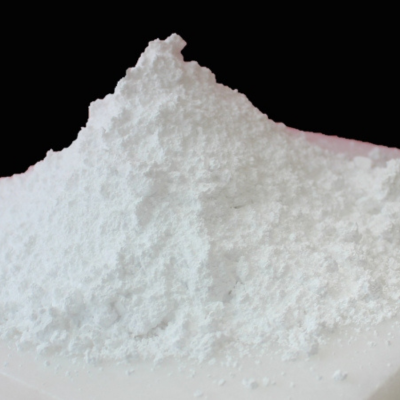
Where can you buy calcium carbonate
October 2, 2024
What happens when calcium carbonate is heated strongly
October 2, 2024Calcium Carbonate is a naturally occurring mineral found in various forms such as limestone, chalk, and marble. It has a wide range of industrial, agricultural, and pharmaceutical uses. Its price varies significantly depending on several factors, including the form of calcium carbonate, its purity, grade, source, and the scale at which it is purchased. This article will explore the factors affecting the cost of calcium carbonate and provide an overview of current market trends for this essential material.
1. Types of Calcium Carbonate and Their Cost Implications
Calcium carbonate is available in different forms, each with unique properties and uses. These forms include:
- Ground Calcium Carbonate (GCC):
Ground from naturally occurring minerals, this type of calcium carbonate is primarily used in industrial applications such as paper production, plastics, and paints. GCC is cheaper compared to other forms due to its lower processing costs.
- Precipitated Calcium Carbonate (PCC): PCC is synthetically produced through a process of precipitation. Its particles are finer and more controlled in terms of size and shape, making it suitable for high-end applications like pharmaceuticals, cosmetics, and food additives. Because of its refined production process, PCC is generally more expensive than GCC.
- Pharmaceutical and Food Grade Calcium Carbonate: Used in dietary supplements, antacids, and as a food additive, this grade must meet stringent safety and purity standards. The price for pharmaceutical or food-grade calcium carbonate is usually higher due to the extra purification processes.
2. Factors Influencing the Cost of Calcium Carbonate
Several factors can influence the cost of calcium carbonate. Understanding these can help consumers and businesses anticipate price changes and make informed purchasing decisions.
- Purity and Grade: The purity of calcium carbonate directly impacts its cost. For industrial purposes, where lower grades with some impurities are acceptable, calcium carbonate can be more affordable. However, in pharmaceuticals, food, or cosmetics, high-purity calcium carbonate is required, leading to higher production costs and, consequently, a higher price per unit.
- Source of Material: The geographical source of calcium carbonate can also influence its price. Calcium carbonate is abundant in certain regions, making it cheaper to source locally. However, for regions where high-purity deposits are rare, importing the material may increase costs due to shipping and handling fees. Natural sources like limestone and marble can have varying degrees of purity depending on the location of the quarry.
- Processing Techniques: Ground calcium carbonate is cheaper because it is mechanically processed from natural minerals. In contrast, precipitated calcium carbonate, which is chemically synthesized, requires more advanced processing techniques, adding to the final price of PCC.
- Volume of Purchase: Buying in bulk tends to reduce the price per unit, making it more cost-effective for large-scale industrial users. For smaller purchases, the price per kilogram can be significantly higher.
- Market Demand and Supply: The price of calcium carbonate is also influenced by market demand and supply dynamics. High demand can drive up prices, while reduced demand may lower them.
- Location and Transportation Costs: The transportation of calcium carbonate plays a significant role in its final cost. Shipping bulky materials like calcium carbonate can be expensive, especially for international deliveries.
3. Average Cost of Calcium Carbonate in Different Industries
Prices for calcium carbonate vary significantly across industries and regions. Below are some indicative price ranges for various applications:
- Industrial Uses (Paper, Plastics, Paints): Prices typically range from $50 to $150 per metric ton for GCC, while PCC can cost between $150 and $400 per metric ton.
- Pharmaceutical and Food-Grade Calcium Carbonate: Prices range between $300 and $800 per metric ton, reflecting additional processing and regulatory compliance.
- Agricultural Uses: Prices range from $40 to $100 per metric ton for agricultural-grade calcium carbonate.
- Construction Materials: Prices range from $50 to $200 per metric ton depending on purity and use case.
4. Global Market Trends for Calcium Carbonate
The global market for calcium carbonate has experienced steady growth in recent years, driven by increasing demand from industries like construction, paper, and plastics. As of 2023, the market was valued at around $25 billion and is projected to continue growing at a compound annual growth rate (CAGR) of about 6% over the next five years.
This growth is attributed to factors such as:
- The rise of e-commerce and increased demand for packaging materials using calcium carbonate as a filler.
- Growth in global construction, particularly in developing countries, where calcium carbonate is used in cement and concrete.
- Expansion of the plastics industry, where calcium carbonate is used to enhance product durability and reduce production costs.
5. Conclusion
The cost of calcium carbonate can vary significantly depending on factors such as its type, purity, processing method, and the volume purchased. Ground calcium carbonate is generally cheaper, while precipitated and pharmaceutical-grade calcium carbonate can be more expensive. Regardless of its price, calcium carbonate remains a vital material for many industries, with its versatility and affordability ensuring continued demand across global markets. By understanding the factors that influence its cost, businesses and consumers can make more informed decisions when purchasing calcium carbonate for their specific needs.



